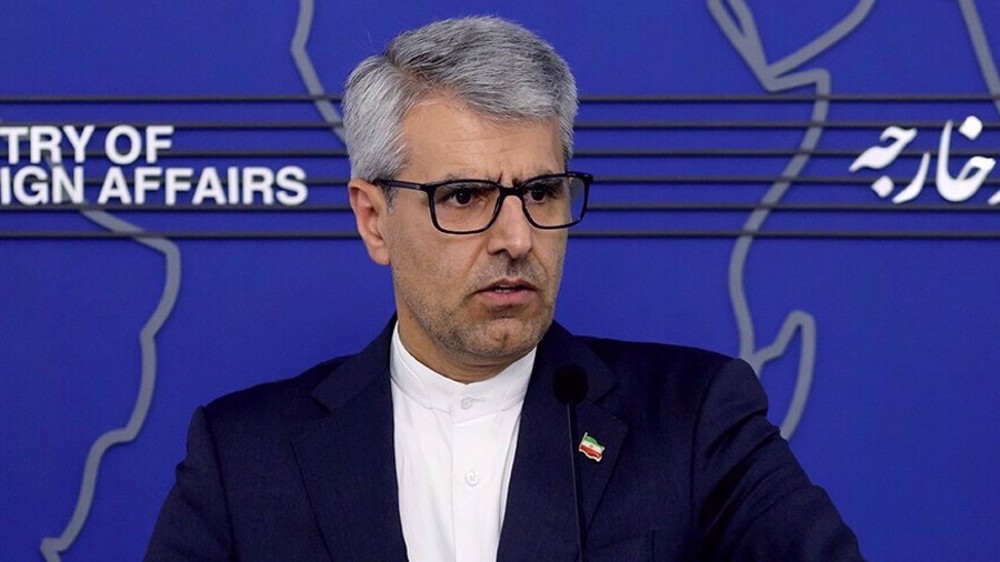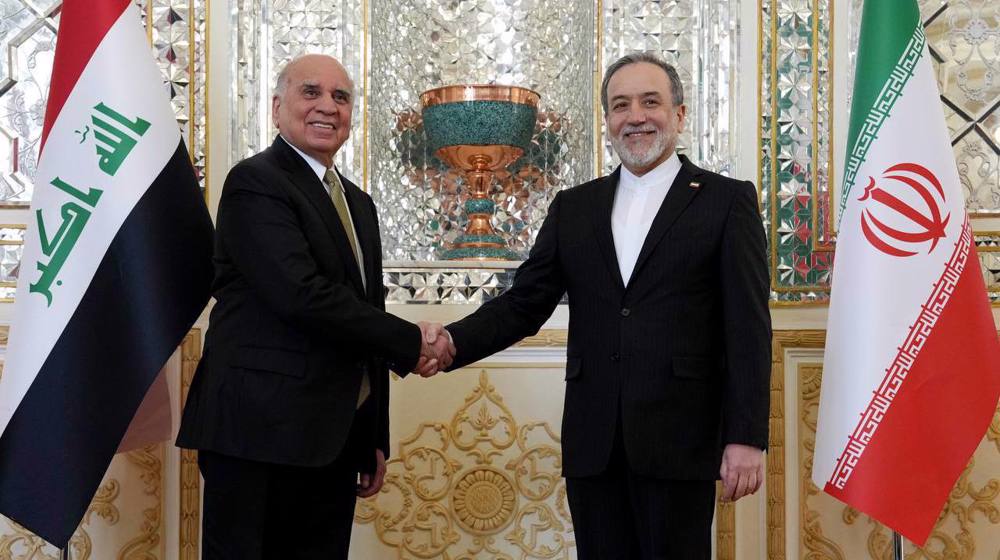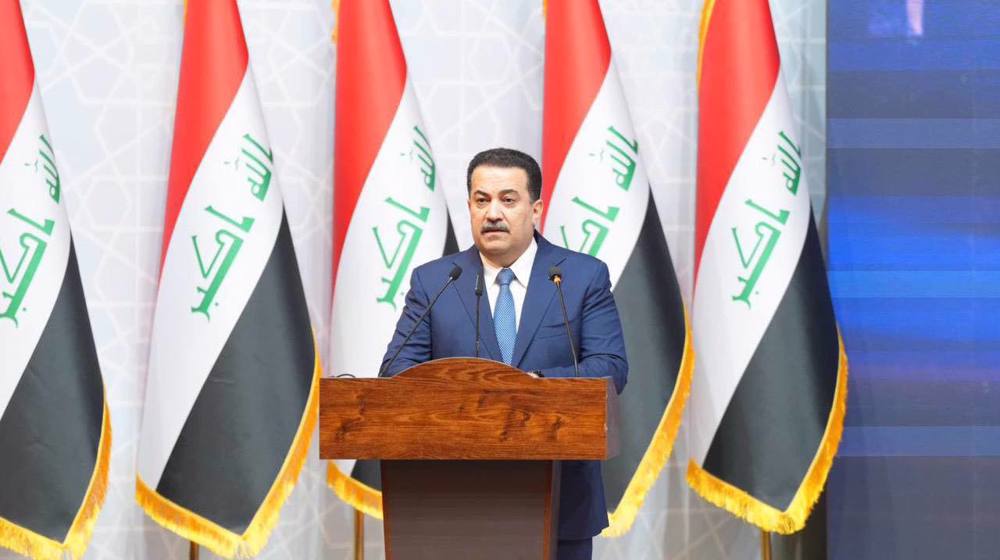Iran raps renewal of UN special rapporteur's mandate
Iran has condemned as “selective and spiteful” the UN Human Rights Council's resolution to renew the mandate of the UN special rapporteur on the human rights situation in the Islamic Republic, saying it was a politically-motivated move by a few countries abusing UN mechanisms.
The United Nations Human Rights Council extended the mandate of the special rapporteur on Iran for the seventh consecutive year despite the lack of endorsement by the majority of member states and through mere reliance on the vote of a “certain political bloc” and its few allies in the region who are clearly violators of human rights at regional and international levels, Iranian Foreign Ministry Spokesman Bahram Qassemi said on Friday.
The Human Rights Council on Friday decided to extend the mandate of the special rapporteur on the situation of human rights in Iran for a further period of one year in a resolution on the situation of human rights in Iran, adopted by a vote of 22 in favor, 12 against and 13 abstentions.
Qassemi said such a "confrontational policy and destructive and failed approach" is pursued through the "exertion of pressure on other countries to support these selective and spiteful resolutions by taking advantage of various political and economic levers" and will regrettably undermine the credibility of the UN human rights mechanisms.
It would also discredit countries that seek to tarnish the image of independent countries, including Iran, which refuses to follow the neocolonialist policies of certain Western states, he added.
Such countries also want to cover up their human rights violations, crimes against humanity and brutal killings in the region and across the world, he emphasized.
“In the eyes of the Islamic Republic of Iran and most of the Human Rights Council’s member countries which did not support this resolution at various levels, this resolution lacks necessity, legal validity and professional support,” the Iranian spokesperson said.
He added that a human rights rapporteur with such meager support and justification cannot be expected to carry out their mission while observing the principles of independence, fairness and impartiality.
Qassemi said Iran has always proved in deeds and words its “resolve and interest [to engage in] dialog and constructive and purposeful cooperation” focused on the genuine promotion of human rights through legitimate international human rights mechanism.
He stressed the importance of monitoring human rights issues in all countries through the Universal Periodic Review (UPR) mechanism which is based on universality and equality as well as abstention from discriminatory, selective, political and double-standard policies.
The Iranian spokesman emphasized that the Islamic Republic attaches importance to promoting this mechanism, which he described as the closest international structure to justice in reviewing human rights issues in all countries.
EU mulls over $100bn in US retaliatory tariffs over Greenland
VIDEO | Trump's presence sparks major protests at Davos Forum
President Pezeshkian vows historical Iran-Iraq relations will remain stable
Iran’s iron and steel exports up 27% y/y in Apr-Dec
Sudan is scene of 'horror and hell': UN rights chief
Scottish leader vows another independence vote if his party wins in May
Israeli forces, settlers burn homes, shut schools in attacks across West Bank
Intelligence Ministry: 300 ringleaders of foreign-backed riots arrested across Iran










 This makes it easy to access the Press TV website
This makes it easy to access the Press TV website